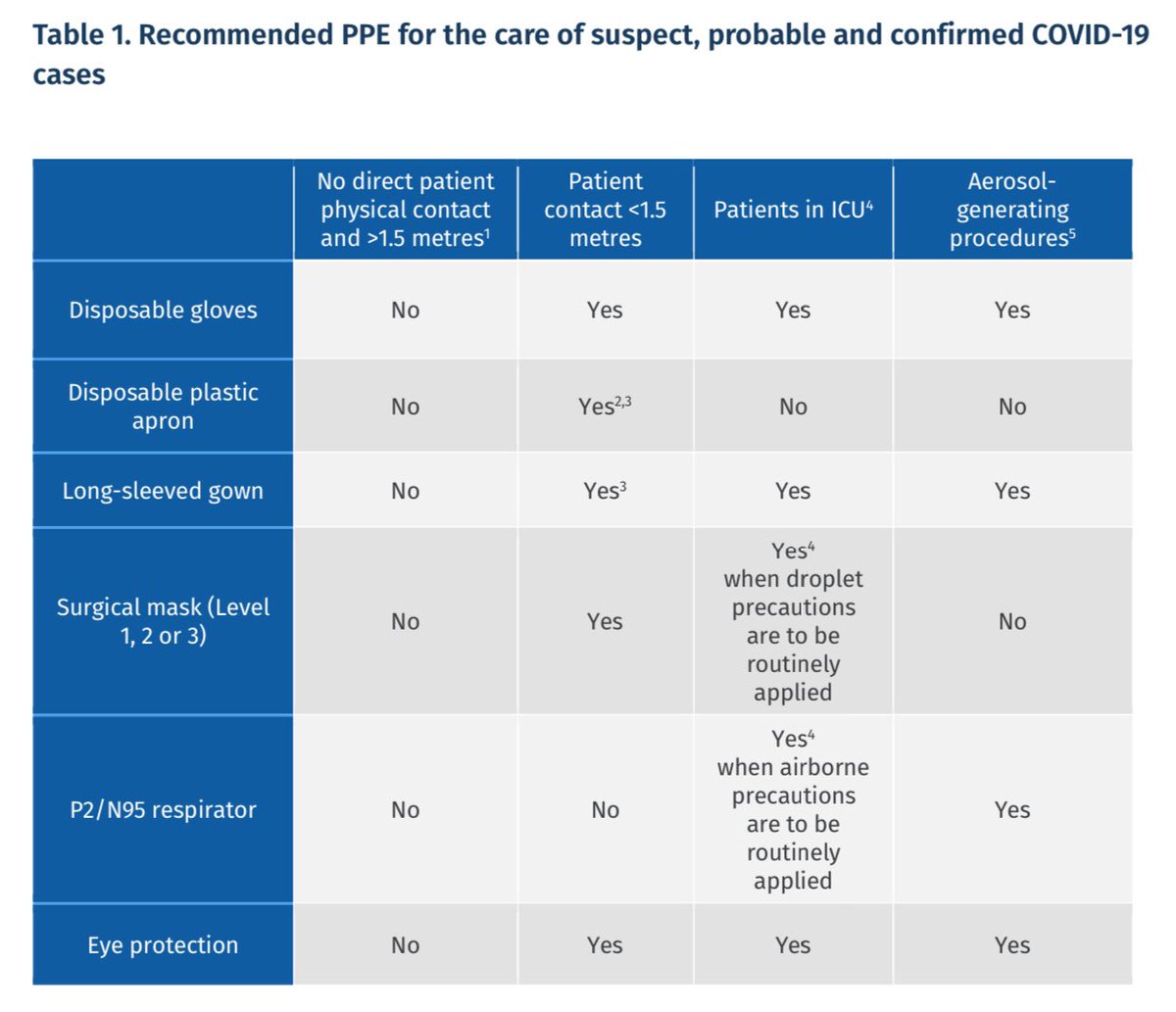
Updated Pfizer results have been released.
➡️ 91% (95% CI 89-93%) efficacy against symptomatic infection.
➡️ 100% (88-100%) efficacy against severe disease as per the CDC definition (based on 32 cases); 95% (71-99%) efficacy as per FDA definition (22 cases, 1 in vaccine group).
➡️ 91% (95% CI 89-93%) efficacy against symptomatic infection.
➡️ 100% (88-100%) efficacy against severe disease as per the CDC definition (based on 32 cases); 95% (71-99%) efficacy as per FDA definition (22 cases, 1 in vaccine group).
Additionally, Pfizer also reported data from South Africa, in which 800 people received the vaccine.
Nine cases were detected in the placebo group, 6 of which were the South African variant.
No cases were detected in the vaccine group.
Nine cases were detected in the placebo group, 6 of which were the South African variant.
No cases were detected in the vaccine group.
This provides tentative evidence that the Pfizer vaccine may be effective against the South African variant, although the confidence interval is wide (53-100%).
Link to announcement: pfizer.com/news/press-rel…
Link to announcement: pfizer.com/news/press-rel…
Minor correction: the second tweet in this thread should have said that 800 people were enrolled in the study in South Africa, not that 800 people received the vaccine.
• • •
Missing some Tweet in this thread? You can try to
force a refresh











